Black women are being hit hard by the Trump layoffs and firings: ‘It chips away at morale and self-worth’
Share
Explore Our Galleries
Breaking News!
Today's news and culture by Black and other reporters in the Black and mainstream media.
Ways to Support ABHM?
By Brianna Holt, The Guardian
Though they make up just over 6% of the total workforce, Black women account for more than 12% of federal workers

On 30 May 2025, Dr Ravon Alford received an email from leadership at her job that the federal government had chosen to revoke the organization’s active federal grants. At the time, Alford, who’s 33, had been working as a senior policy analyst at a criminal justice reform non-profit organization in Detroit. As a result of the budget cuts, all work related to projects that were funded by these grants ceased. Organization-wide layoffs followed, affecting Alford and 75% of the staff.
Alford is among the nearly 300,000 Black women who exited the US labor force in just three months – a shift tied directly to federal policy decisions. The most immediate cause has been sweeping cuts across public-sector agencies, historically one of the few reliable pathways to middle-class stability for Black women. Though they make up just more than 6% of the overall workforce, Black women account for more than 12% of federal employees. These positions have long offered pensions, benefits and more equitable pay than the private sector, where wage disparities remain stubbornly fixed.
[…]
Working under the constant threat of job loss can create a psychological climate of fear. “For African American women, that fear isn’t just about employment. It’s about identity, safety and dignity in spaces where we’re already underrepresented and under-resourced,” said Dr Rajanique Modeste, an industrial and organizational psychologist and author of After the Layoff: Reclaiming Power When Stability Disappears. “It shows up in how we engage, or don’t engage, with leadership, and influences how safe we feel speaking up.”
In unstable work environments, self-advocacy is often the first casualty, Modeste says. When job security feels shaky, most employees retreat into survival mode. “It becomes a heads-down situation,” explained Modeste. “People avoid drawing attention to themselves out of fear they might be next on the chopping block.”
Even for Black women who have been spared from layoffs at their organization, the sense of belonging and psychological safety might wither. “For Black women, connections at work often serve as more than just friendships. They can be a crucial part of navigating the workplace,” said Modeste. “When others are let go, it often means the loss of community, a safety net and a sense of stability. Suddenly, you may find yourself alone in spaces where you once felt supported.”
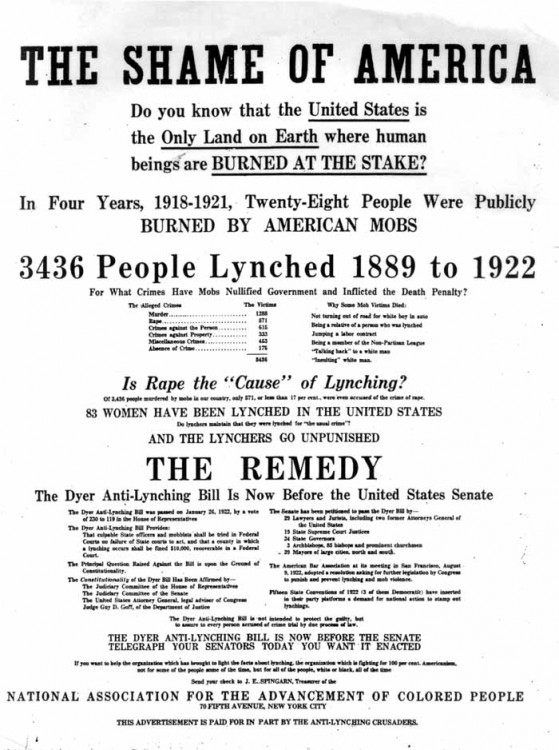
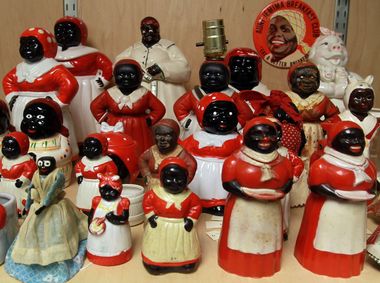
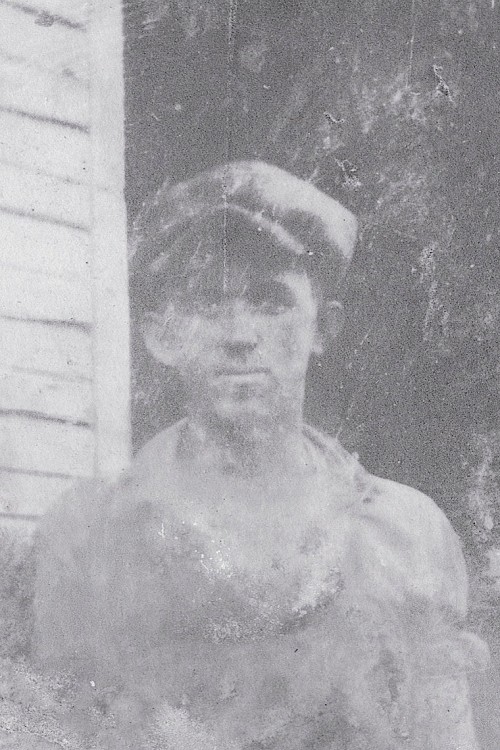
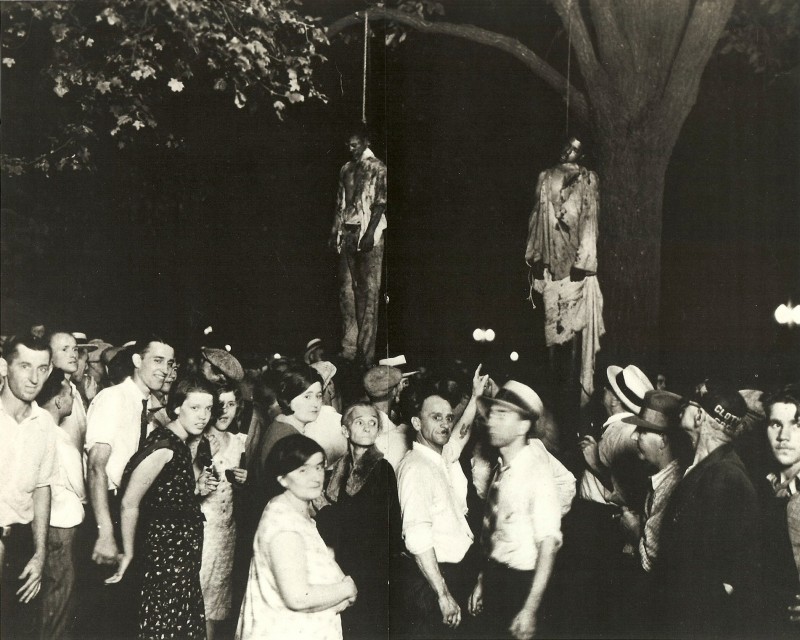
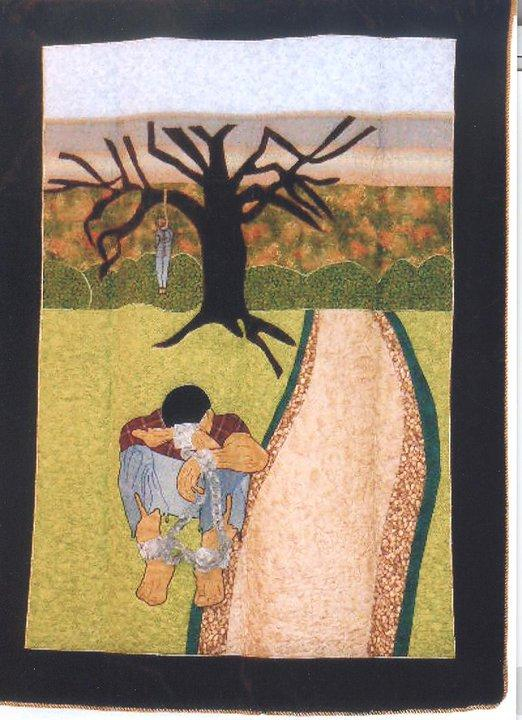




Comments Are Welcome
Note: We moderate submissions in order to create a space for meaningful dialogue, a space where museum visitors – adults and youth –– can exchange informed, thoughtful, and relevant comments that add value to our exhibits.
Racial slurs, personal attacks, obscenity, profanity, and SHOUTING do not meet the above standard. Such comments are posted in the exhibit Hateful Speech. Commercial promotions, impersonations, and incoherent comments likewise fail to meet our goals, so will not be posted. Submissions longer than 120 words will be shortened.
See our full Comments Policy here.